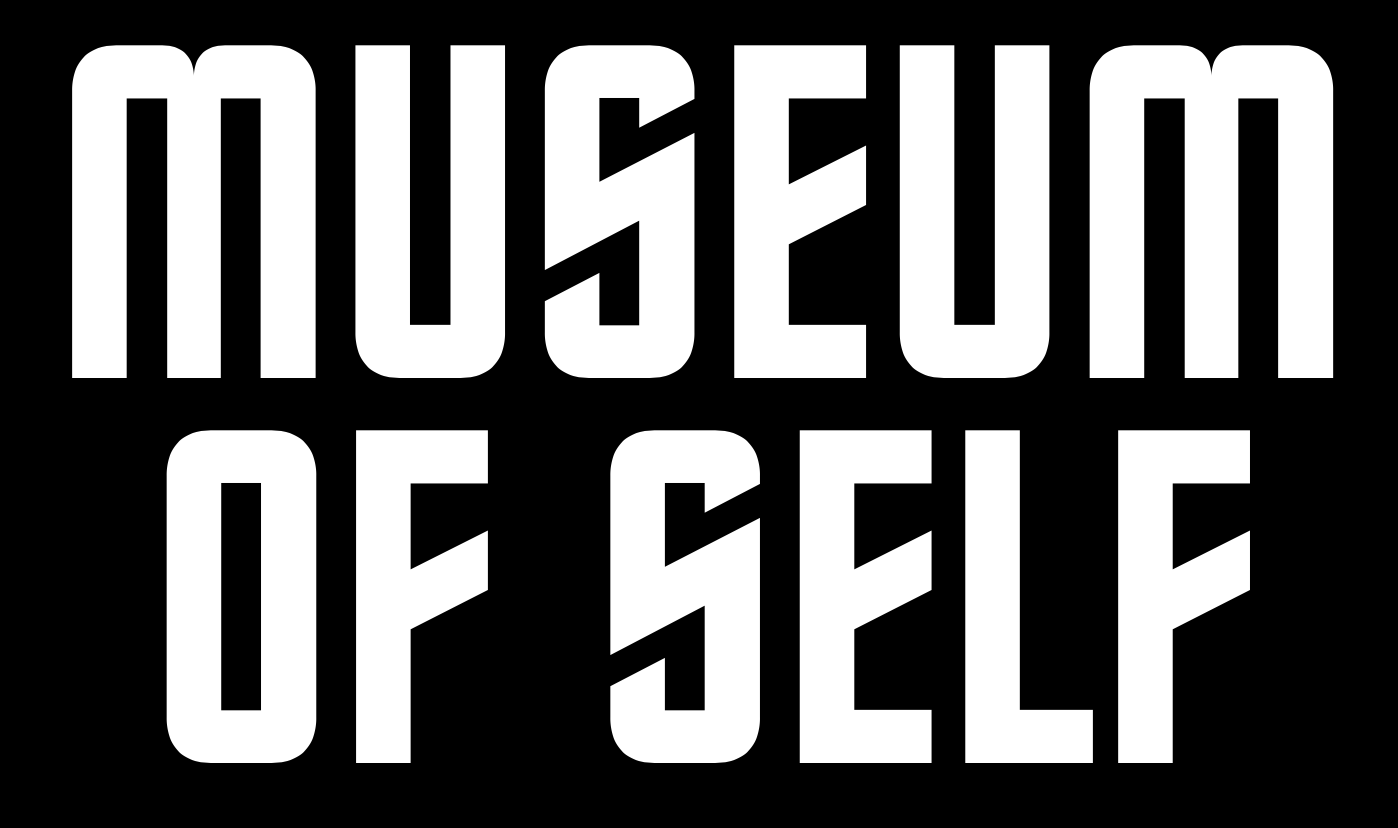Men’s Work: Finding Brotherhood and Mirrors for Growth
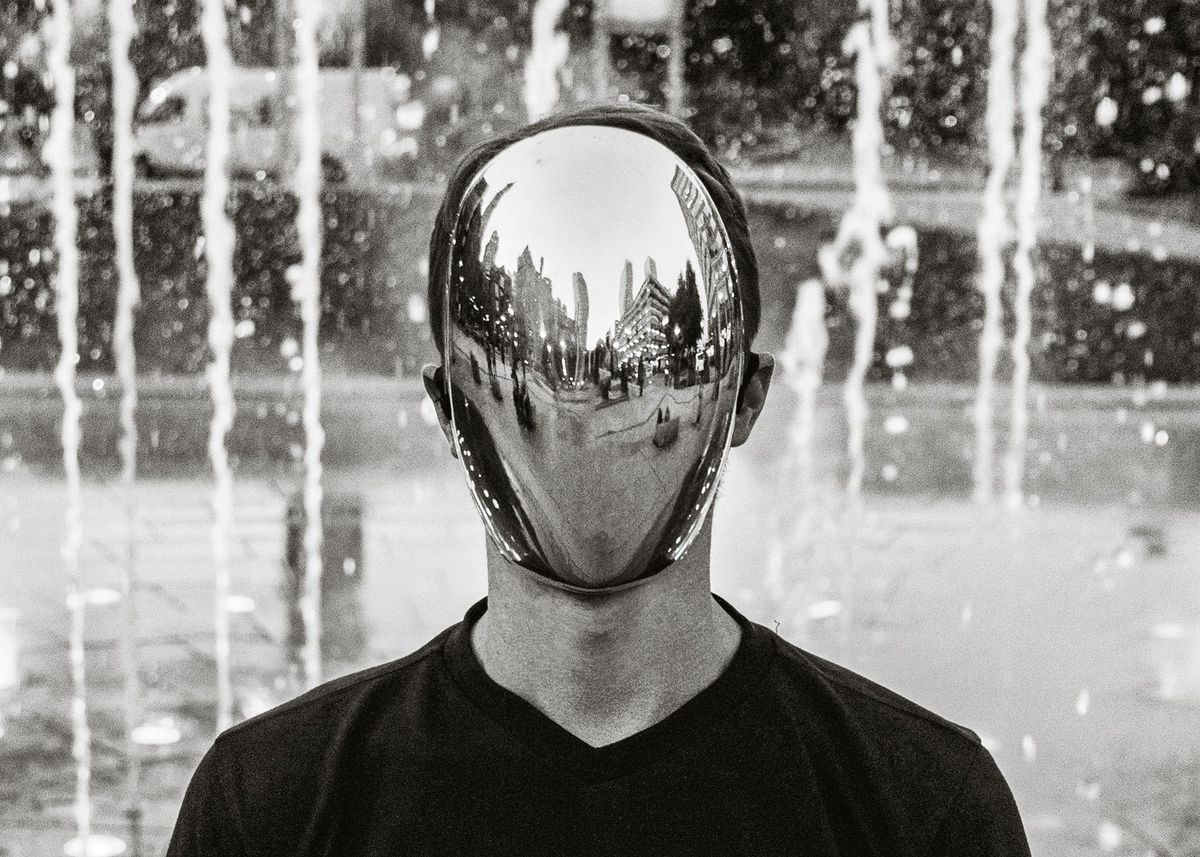
A quick note up front. While I am speaking for myself and male-identified people, I believe the same understanding applies to humans regardless of gender. It's likely all of us can benefit from more connection, mutual support, and empowerment – with people that resonate.
“You know why we sit in a circle? So you can see what’s behind my back and I can see what’s behind yours. Here, we have each other's backs.” - man in my group
Men’s circles. If you’ve never been, or even if you have, it can be easy to judge and dismiss. However, one thing I’ve learned by sitting in circle for 10 years is that my judgments are often a way to prevent — or protect — me from deeper intimacy, with myself or others.
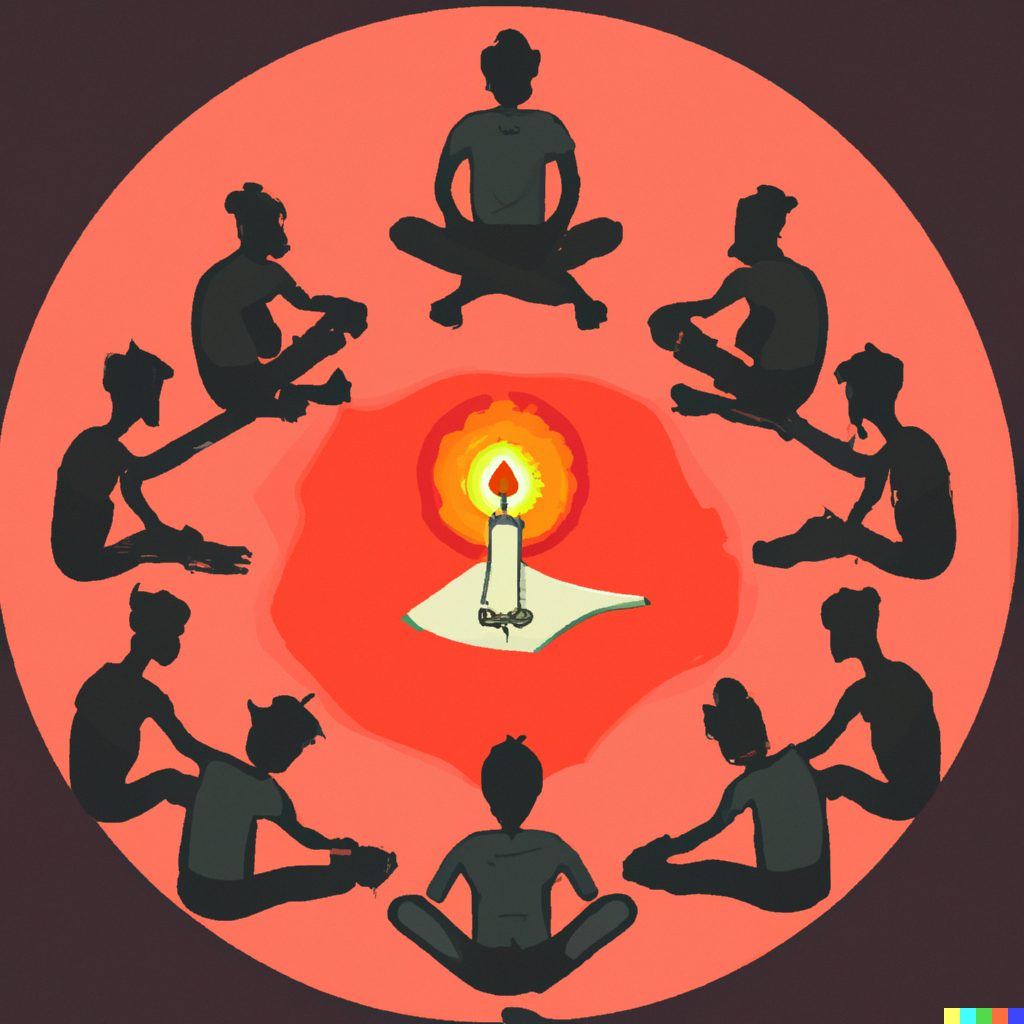
I sat in my first men’s circle when I was 22 and living in Montreal. I went because I wanted to be around men who were also interested in self understanding and connecting in community. What I found was a group of men willing to look at themselves, a space to express hard-to-share truths, a place to be witnessed in my vulnerability, and a way to support others. There was something there for me, somewhere I didn’t feel I had to hide part of myself. I could take my masks off, reveal, and discover who I am. And, I could create space for others to do the same.
One major lesson was that I am not alone. Underneath the stories we carry about ourselves, most of us suffer in similar ways. It was a space to see our beauty and gifts, as well as the difficult and darker parts of ourselves. I found I need places to dwell in our shared humanity. This first group of mine met weekly for a couple hours and I cherished our ritual. I joined almost every week for two years.
When I left Montreal, I found myself missing that group. Then while living in NYC, a friend invited me to the ManKind Project weekend, and despite some judgements about the experience, it opened up another powerful avenue for me to ‘do my work’. I saw men courageously explore their vulnerability, claim greater power and responsibility, and a community of brothers offering connection and integration.
To take a step back and offer a very brief history of the modern men’s movement, it was partially a response to feminism, with a men’s liberation movement emerging in the 60s. This movement was interested in evolving the traditional patriarchal male identity, seeing it as limiting, oppressive, and damaging. Then author, poet, and peace activist Robert Bly championed a variant or subset known as the ‘mythopoetic men’s movement’. His poetry and tales like Iron John were used as metaphors and imagery for tending to one’s life. Some men’s groups in the 80s & 90s were organized around leaders in the space like Robert Bly, James Hillman, and Michael Meade, while others formed on their own. In parallel, a few inspired men got together and designed ‘the wildman weekend’. This evolved into what’s now known as the ManKind Project, which names that more than 70,000 men in 22 countries have gone through since the first weekend in 1985. This weekend is intended to act as an initiatory experience, ideally as a rite of passage into greater responsibility. ManKind Project is by far the largest men’s work organization I’m aware of, and there are many other newer organizations doing their own version of an initiatory men’s weekend.
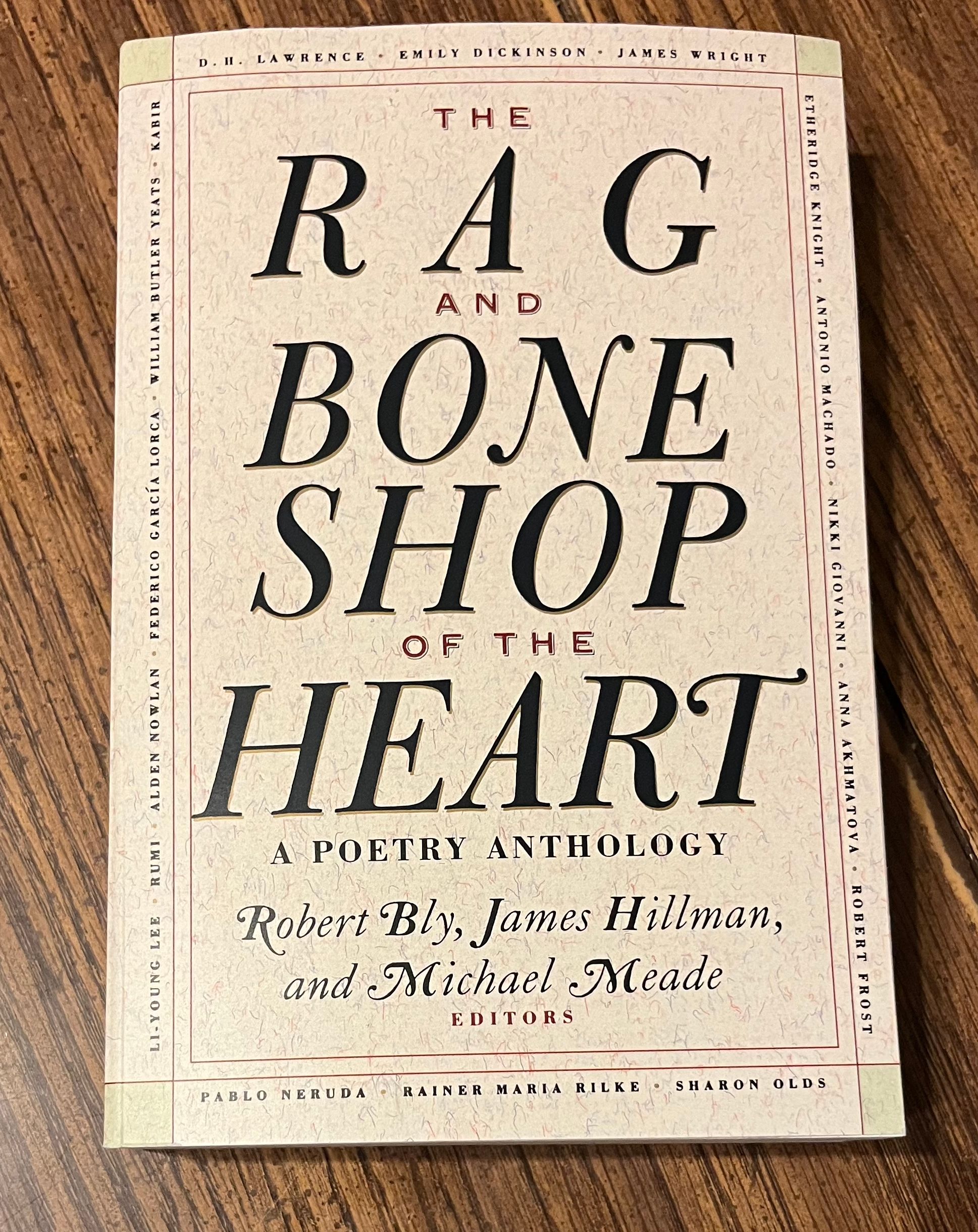
ManKind Project and other men’s groups tend to use systems of understanding, and one commonly used is the King Magician Warrior Lover. This framework is a Jungian approach to ‘masculine archetypes’ - though I have heard of gender neutral forms opting for “Sovereign”, instead of “King”. This approach introduces a few important aspects, first of which is a map to highlight how one is showing up in the world. Here's a very brief overview: If you’re here with a ‘get shit done’ perspective that’s “Warrior”. Showing up with a ‘discover, invent or know’ orientation is “Magician”. Being in a ‘compassionate or passionate’ place is “Lover”. Having a sense of ‘honoring and serving’ is “King” or “Sovereign”.
The book and some men’s groups deeply explore these archetypes, introducing the shadow and mature forms of each. Shadow here means aspects of our psyche we repress or deny about ourselves. As knowing one’s shadow can be instrumental for self understanding and growth, groups that use this framework can become communities of shadow integration. ManKind Project calls their men’s group “I-Groups”, where the “I” is for integration.
Once the concept of shadow is introduced - men’s work can focus on how shadows, unless made conscious, will often drive behavior in seemingly invisible ways. In these groups I’ve been a part of, we often name beliefs about ourselves we repress or deny that influence our behavior. For a quick example let’s say I want to exercise regularly, yet keep finding myself only going to the gym once every 2 weeks. I could bring this up in my men’s group and someone could help me take a look at this. Through some guided questions I’ll discover that underneath this behavior of not going to the gym, there is a shadow story or belief about myself, where part of me feels “I’m not worth it”. By touching the truth of what I’m pushing out of awareness I can better keep this shadow belief in front of me, work to soften it by moving closer to my goal, and asking for specific support and accountability from men in my group.
Aside from exploration and expression of deep personal truths, a significant part of most men’s initiatory weekends within this movement is working to make conscious and re-write stories of unhealthy messages received earlier in life, often through cathartic releasing and nonjudgmental witnessing. You can listen to the conversation with Eldra Jackson III, Executive Director at Inside Circle to learn how he found men’s work while serving a life sentence in prison, and how doing this kind of work can lead to powerful transformations. You can watch the documentary The Work to see what men’s work can look like in prison. Fair warning, it gets intense. For a lighter perspective on what this looks like, check out this hilarious comedy short where one brave man works to reclaim his cuteness.
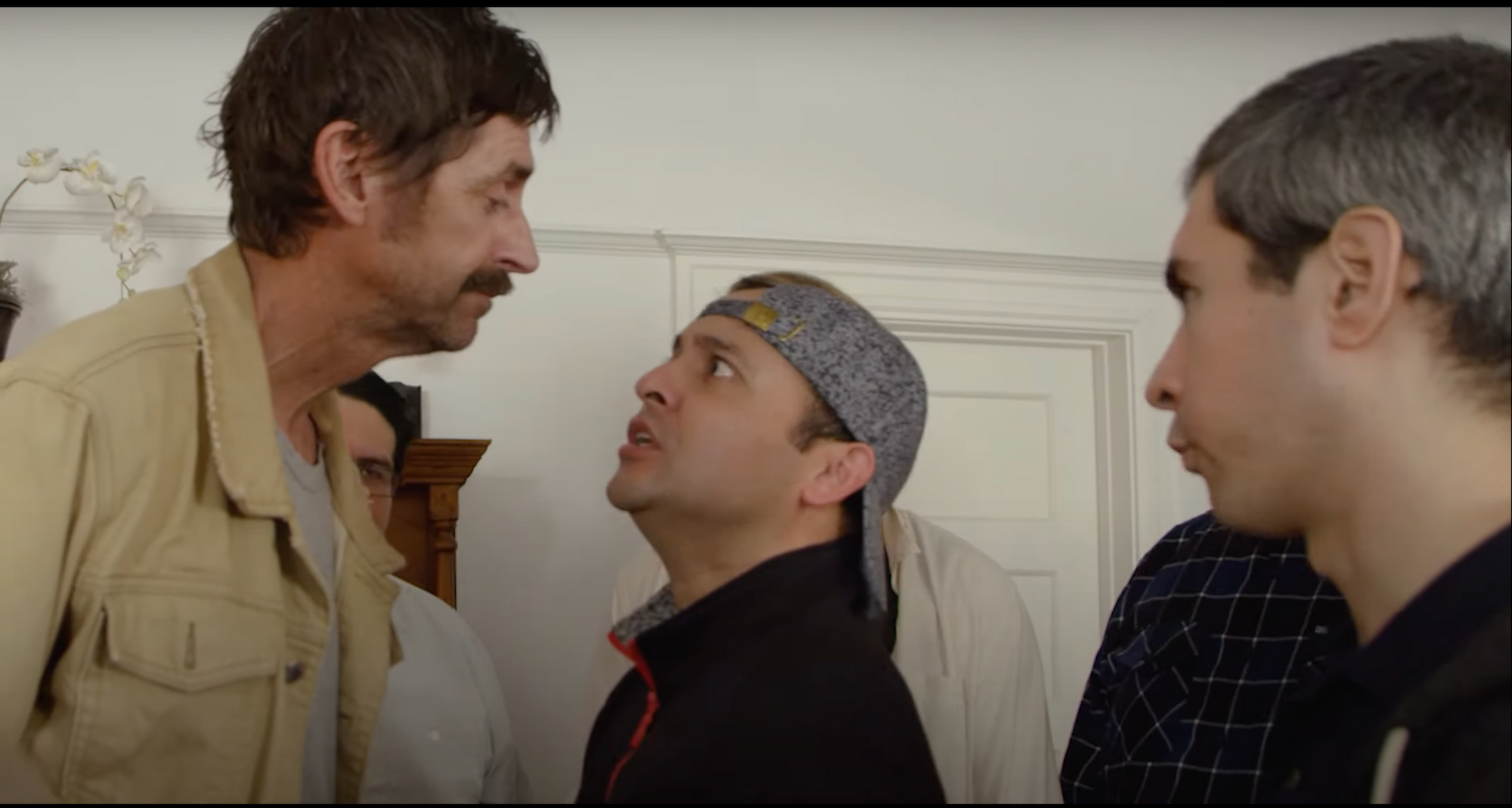
I’ll also share ManKind project, and perhaps forms of men’s work at large, suffers from a few issues. Critiques of ManKind Project I find warranted include lack of diversity & inclusivity, possibility of psychological trauma, and misappropriation of indigenous culture. While ManKind Project can be slow to change, there are other men’s groups that aim to use approaches described above for men who might have more to benefit from being in a loving and empowering community - such as those impacted, or at risk of being impacted, by the criminal justice system. To learn about an organization that offers men’s work primarily for at-risk youth, check out the Museum of Self podcast with Anthony Hern, men’s work leader at A Band of Brothers.
Despite the risks and imperfections of men’s work, I am grateful these communities exist. Please note this is not a recommendation for you to do men’s work. In my opinion, there are some people who will benefit from this kind of work and others who will not. Please use your best reasoning to find what resonates on your path of self understanding and growth.
Finally, looking to the future, I can see these kinds of groups or variants growing and evolving in response to several challenges in today’s world - lack of deep non-erotic connection, places to share personal truth, and spaces to discover and claim greater power, love and responsibility. I hope more organizations step forward and offer their own version of this work to serve a larger diversity of people. All Kings is a newer inspiring example of a community aiming to serve at-risk youth & men.
Many thanks to the humans in my men’s groups who have served as powerful and loving mirrors for me to better understand myself, and grow.
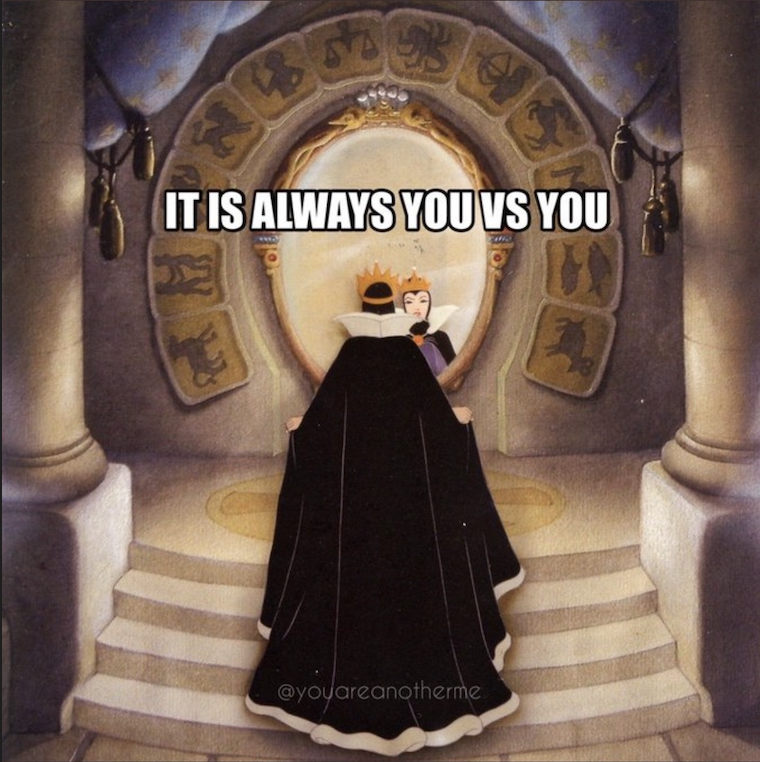
And a thank you to Anthony Hern and Evan Groll for helpful edits & suggestions on this essay.
